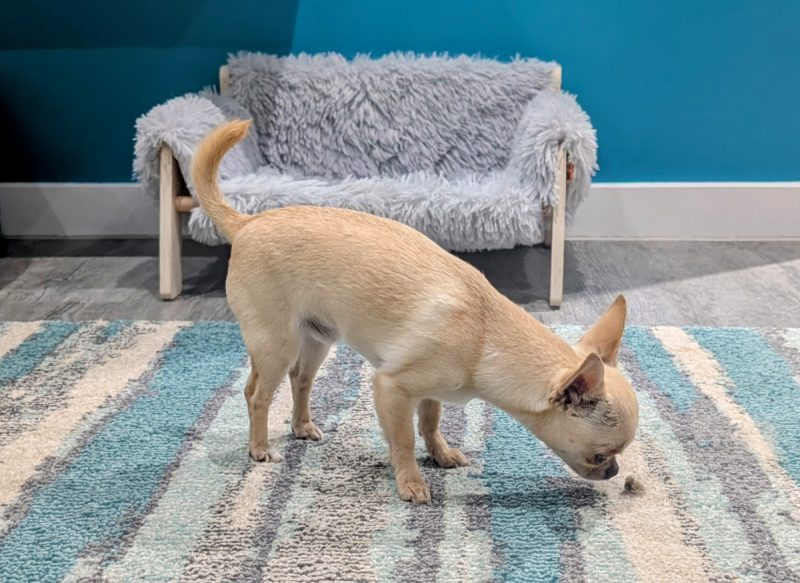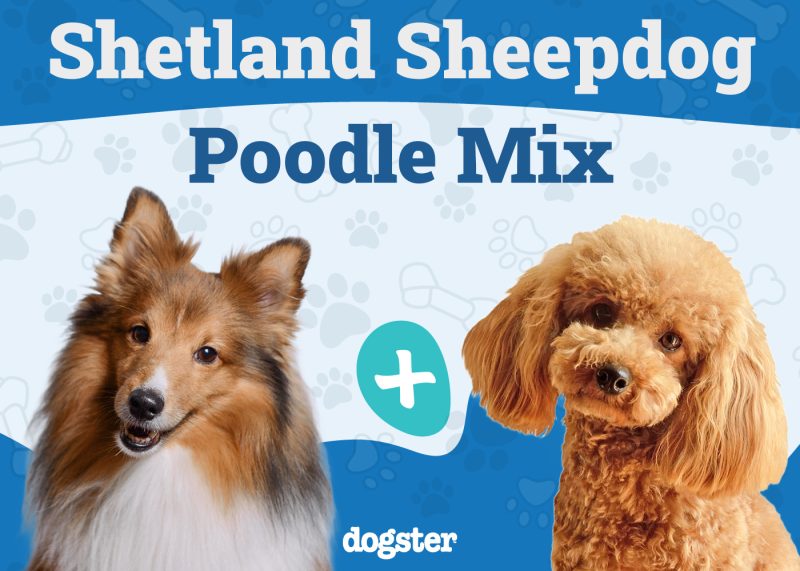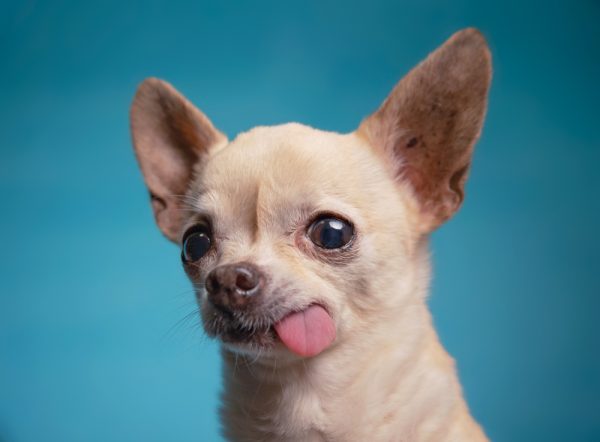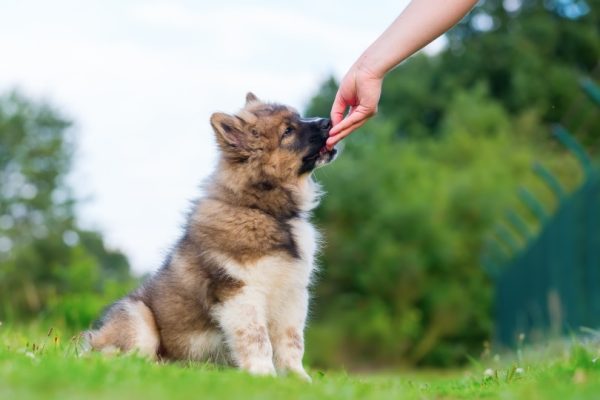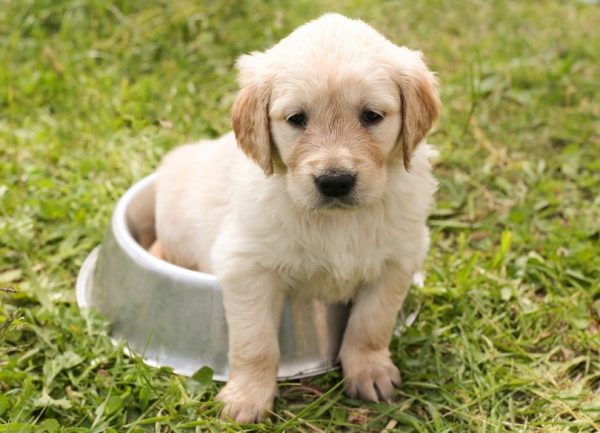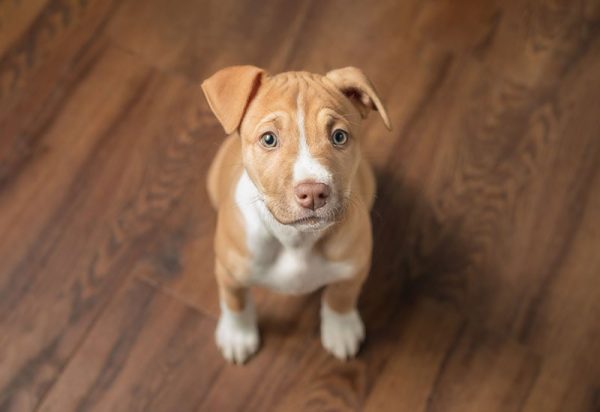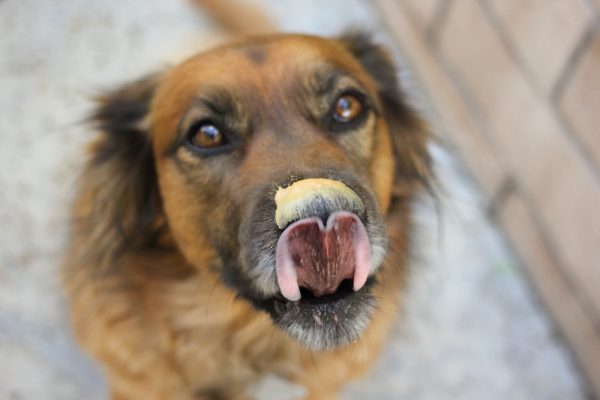In this article
View 6 More +The apricot Goldendoodle is the result of crossing a Golden Retriever with a Poodle, and we can certainly see why you want to learn more about this intelligent, loving, loyal dog. They are a “designer” mix initially bred as a guide dog in the late 1960s.
Goldendoodles come in different sizes, and their wavy fur comes in many colors, including apricot. They’re known for having “hypoallergenic” hair, and they’re low-shedding pups thanks to their non-shedding Poodle parent. If you’re thinking of getting one of these beautiful dogs, we have everything you’ll need to know right here.
Breed Overview
Height:
13–26 inches
Weight:
15–100 pounds
Lifespan:
10–15 years
Colors:
Apricot, black, gold, cream, brown, grey, red, white
Suitable for:
Active families, allergy sufferers
Temperament:
Intelligent, friendly, loving, energetic, loyal, trainable
Goldendoodles come in several color variations, but regardless of their coat colors, they are affectionate and energetic dogs. They are generally considered medium-sized but can also come in miniature, standard, or large sizes, which is why their weight range is so extensive.
Apricot Goldendoodle Characteristics

The Earliest Records of Apricot Goldendoodles in History
Goldendoodles are the result of crossing a Golden Retriever and a Poodle, and they were inspired by the success of the Labradoodle, which is a mix of the Labrador Retriever and Poodle. They were first bred in the United States in 1969, so they’re still considered young crossbreeds. The intention of breeding them was to create a perfect guide dog using the Golden Retriever’s caring, patient, loving nature and the Poodle’s intelligence.
Nowadays, they are more commonly kept as companion dogs. You can achieve the apricot color by chance, but you can increase these chances with an apricot-colored Poodle parent.
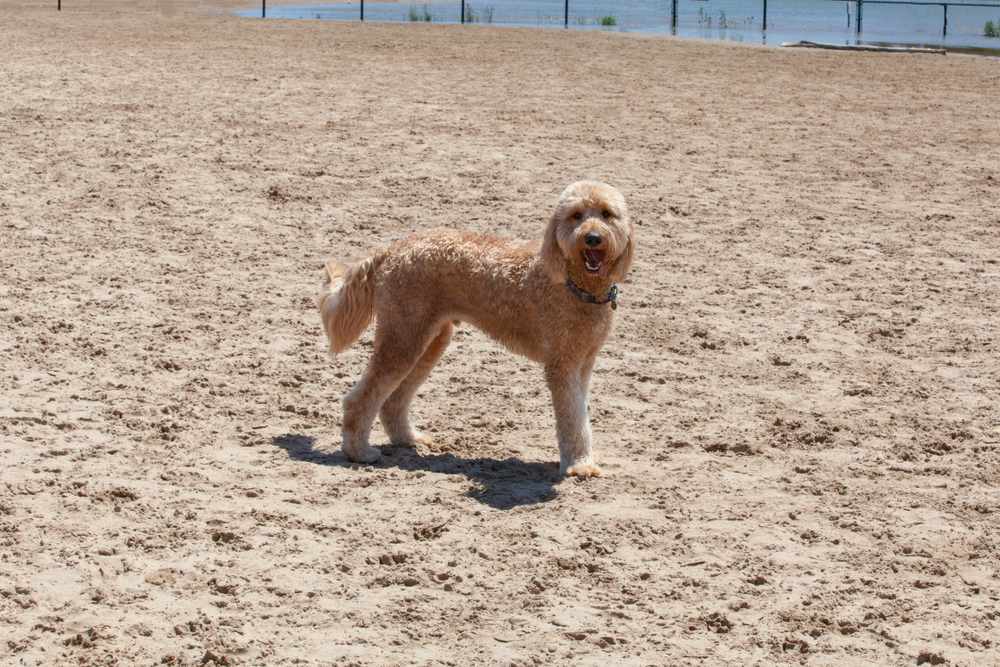
How Apricot Goldendoodles Gained Popularity
The Goldendoodle, including the apricot color, gained popularity in the 1990s in the States, and they’ve only become more prevalent. Thanks to their loving, sweet natures, Goldendoodles make wonderful search-and-rescue, therapy, and service dogs.
Formal Recognition of Apricot Goldendoodles
Goldendoodles are a new hybrid, so they aren’t formally recognized yet. The process for being recognized by the American Kennel Club (AKC) can be a long, complicated process with no guarantee of success. For example, let’s take one of the Goldendoodle’s parent breeds, the Golden Retriever, which originated in the mid-1800s when the Retriever was crossed with the Water Spaniel.
The AKC did not end up recognizing the Golden Retriever until 1925, which means there was a considerable amount of time put into meticulous breeding before the Golden became an official breed. So, while being recognized isn’t imminent, it doesn’t mean it won’t ever happen for the apricot Goldendoodle.
There is also a club called the Goldendoodle Association of North America that is the first and only dog fancier club to recognize Goldendoodles. Their primary purpose is to aid owners in breeding healthy Goldendoodles.
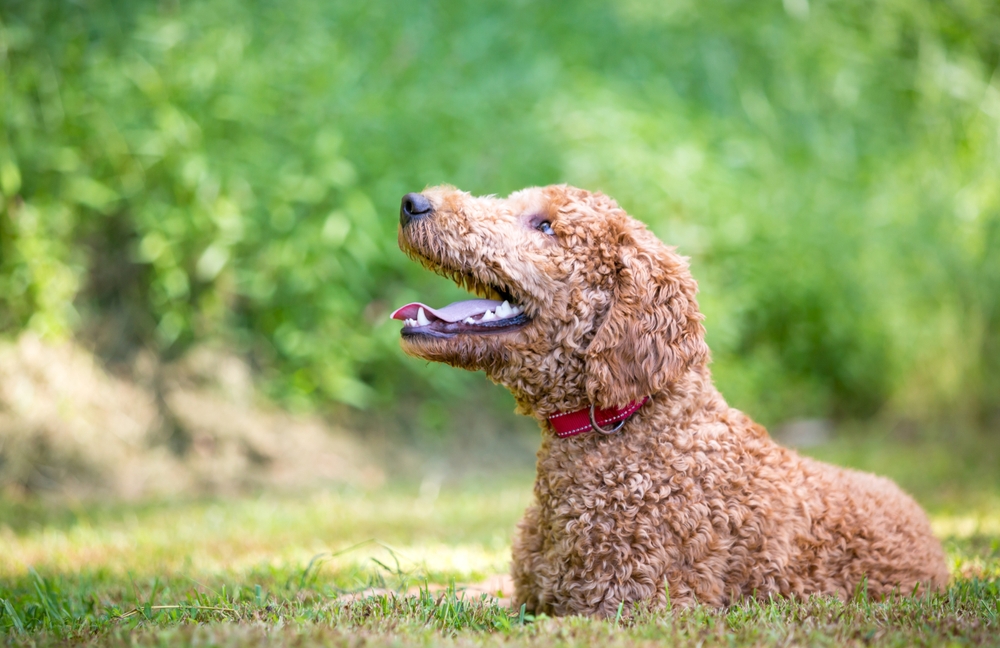

Top 3 Unique Facts About Apricot Goldendoodles
1. Goldendoodles Are Known by Many Names
You might know Goldendoodles under a different name, but it refers to the same sweet dog! In Australia, they’re known as Groodles. You might also hear them referred to as Goldiepoos, Goldenpoos, or Doodles.
2. Goldendoodles Are So New That They’re Known as First Generation Canines
You might have heard of them referred to as F1 Goldendoodles, which means they’re the first generation. This is used to classify which breed mix the puppy in question comes from, and it is still uncommon to breed two Goldendoodles together. The breakdown looks a little like this:
- F1: 50% Poodle and 50% Golden Retriever
- F1B (considered to be the most allergy-friendly option): 75% Poodle and 25% Goldendoodle (F1)
- F2: Goldendoodle (F1) and Goldendoodle (F1)
- Multigen: Goldendoodle and Goldendoodle (F1B, Multigen) or Poodle
3. They Aren’t Hypoallergenic
This might seem at odds with what you know about the Goldendoodle so far, but the reasoning behind this statement is that no dog is truly hypoallergenic. Humans aren’t allergic to dog fur, as many people believe. Instead, allergic reactions occur because of exposure to a protein in the dander, which is made up of dead skin cells.
If you have a high-shedding dog, more dander is released into the air, which then causes an allergic reaction. Thanks to the Poodle’s tightly curled fur, less hair is shed, and mixing this breed with the straight-furred Golden Retriever can reduce the shed of the Goldendoodle, thus reducing their human’s allergic reactions.
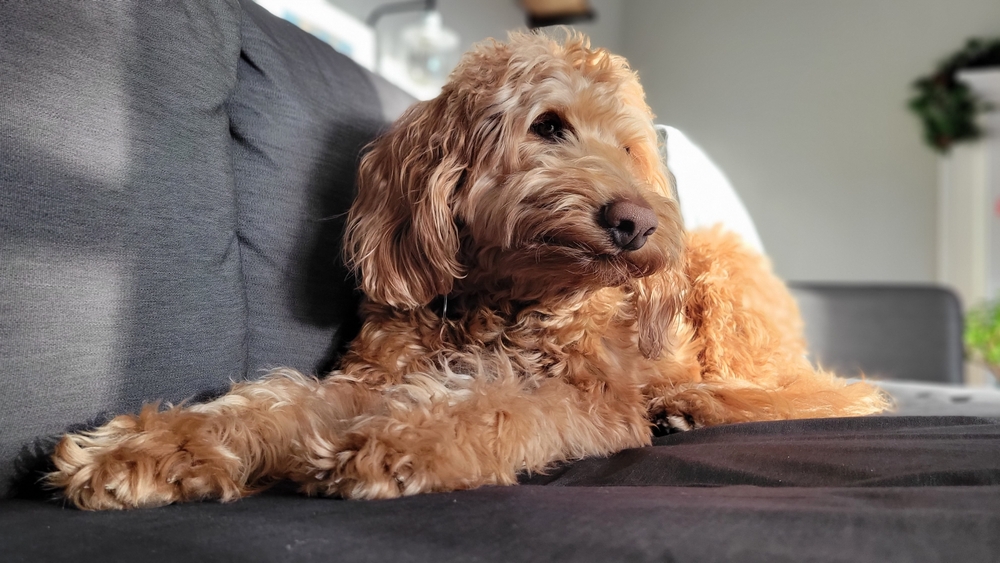

Does the Apricot Goldendoodle Make a Good Pet?
Goldendoodles, including the apricot Goldendoodle, make wonderful pets. They are a caring, friendly, easy-to-train breed that thrives with various owners, whether they are single, large families, older pet parents, or families with kids. With early socialization and training, the Goldendoodle can adapt well to living with other pets.
They are energetic dogs, so they will need plenty of mental and physical stimulation to stay fit and healthy. Owners should aim for at least 30 minutes of exercise daily, which can be a walk, swim, hike, run, or agility course. They also appreciate some playtime with their favorite people.
Goldendoodles are known to suffer from separation anxiety if alone for too long, but you can hire a pet sitter or a friend to stop by when you’re away. However, if you believe you’ll be out too often, it might be better to pick a more independent breed.

Final Thoughts
If you’re considering getting an apricot Goldendoodle, you will have the best time with the adorable, energetic, friendly dog. This charming hybrid likes to spend time with their favorite humans as much as possible, and we can certainly see why they’re only gaining in popularity in the States as time passes. We’re sure it will be love at first sight if you ever have the pleasure of meeting an apricot Goldendoodle.
Featured Image Credit: H Zach, Shutterstock








